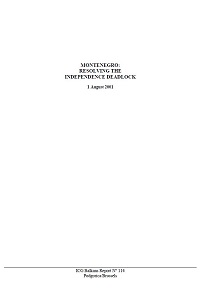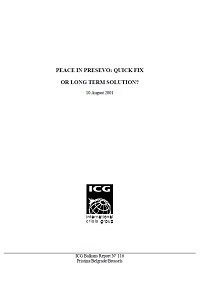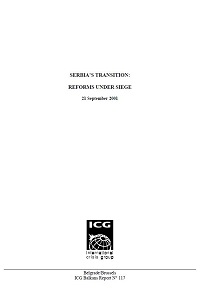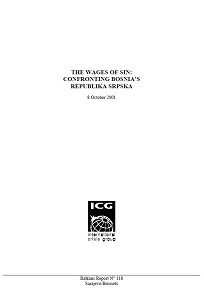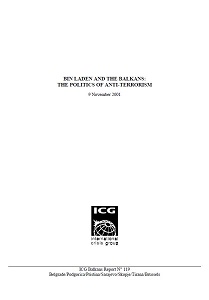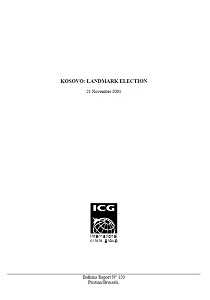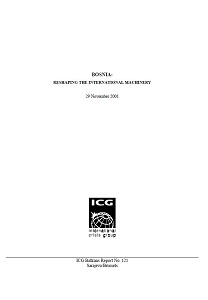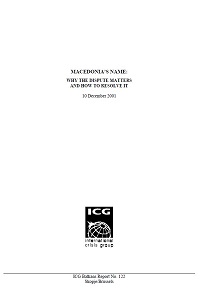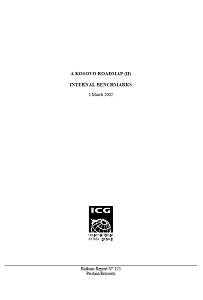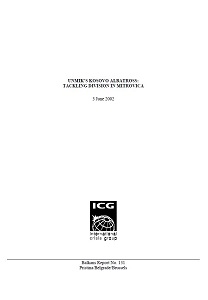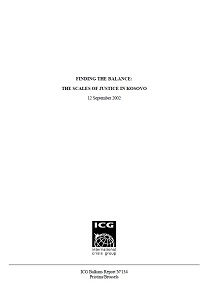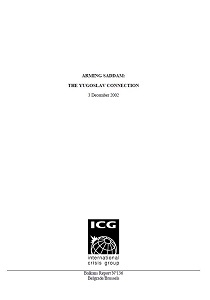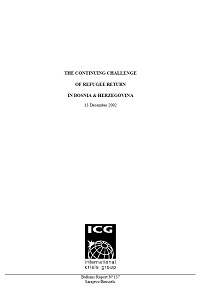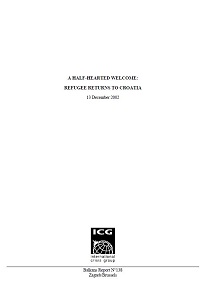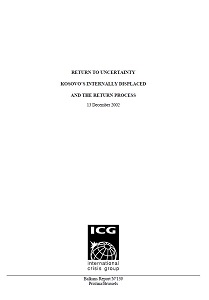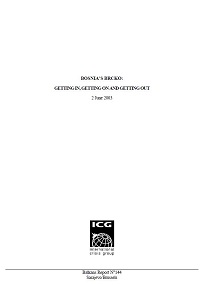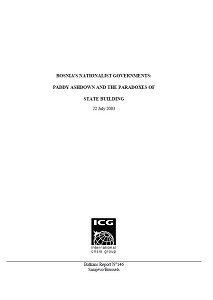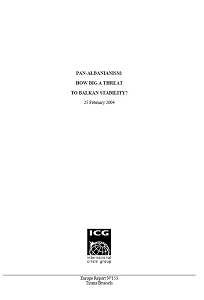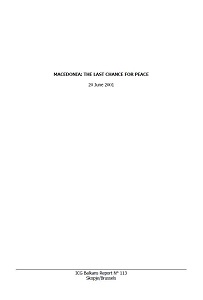
MACEDONIA: The Last Chance for Peace (ICG Balkans Report N° 113)
In the past three months, since mid March 2001, Macedonia has stared into the abyss of inter-ethnic conflict, pulled away from the precipice, squandered opportunities for a political settlement, then returned as if sleepwalking to the brink of civil war. The downward spiral was interrupted on 11 June, when the Macedonian government and the ethnic Albanian rebels agreed to a ceasefire. The following day the government abruptly endorsed a peace plan proposed by President Boris Trajkovski. For their part, the NLA guerrillas expressed a readiness to halt their insurgency but want to see concrete steps towards improving Albanian rights.
More...
